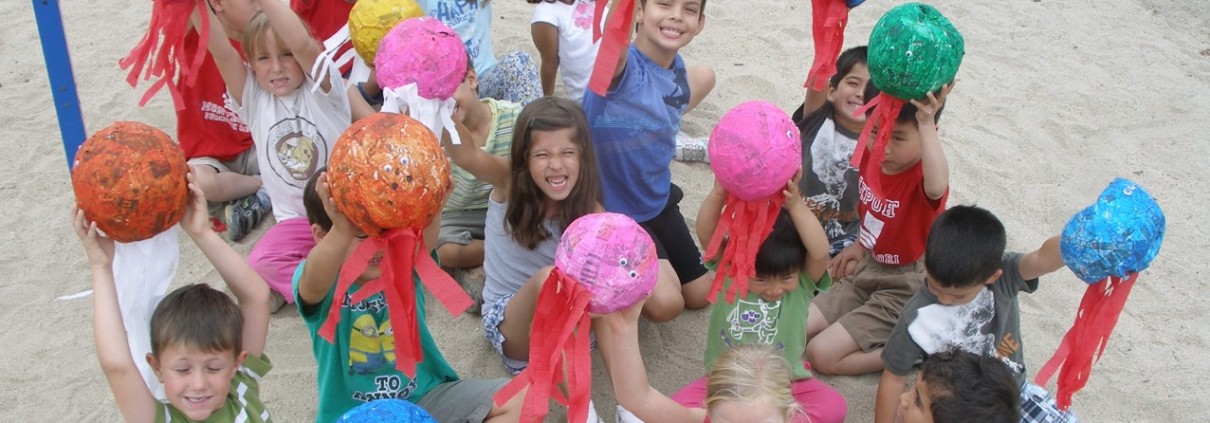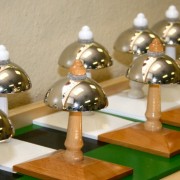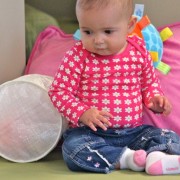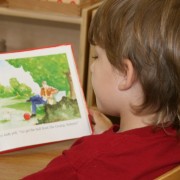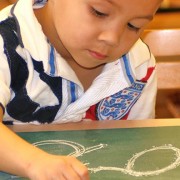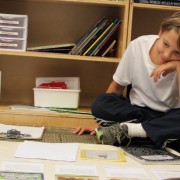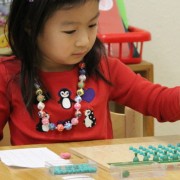Summer Crazies or Summer Camp Fun?
Summer time with the children is so much fun. Except when it isn’t.
Every year when school ends and summer camp starts, parents eagerly look forward to more time with their children. Time to go on local excursions, check out the tide pools, the parks, the pool. An opportunity to sign up for a week of soccer camp, or zoo camp, or arts camp (or other summer camp programs.) A chance to take a summer trip to visit relatives overseas, or grandma in the next state.
Yet by mid-July, so many families stream back to our Montessori preschools to sign up, last minute, for Montessori summer camp. Parents are feeling exhausted, and despite big plans for two full months of time together, they guiltily change their plans and sign their children up to go to Montessori summer camp, after all.
Why? Why is it that, just when they get to do all kinds of fun things with their parents, for weeks on end, children go crazy? Is it poor parenting, or something else?
As Montessori educators, we strongly believe it is not poor parenting. In our view, the real reason behind the “summer crazies” is that without the right summer camp environment, children loose their bearings. Young children need the order and stability of their Montessori preschool classrooms. The same reasons why such environments are right for them during the year apply as fully during the summer.
Children benefit greatly from short, limited vacations or extra-curricular programs, as well as from quality time spent with family and friends. But too much a good thing is not necessarily a good thing. Those that don’t attend Montessori summer camp for too long regress in their behavior, losing (temporarily) the developmental gains they made in preschool.
Dr. Montessori pointed out that negative behaviors observed in many young children—possessiveness, clumsy movement and breaking of things, unkindness, whining, shouting, screaming and general noisiness, clinginess and boredom—disappeared once the child became engaged in concentrated work in the Montessori classroom. Writes Dr. Montessori:
One of the chief reasons for the spread of our schools has been the visible disappearance of these defects in children as soon as they found themselves in a place where active experience upon their surroundings was permitted, and where free exercise of their powers could nourish their minds. Surrounded by interesting things to do, they could repeat the exercises at will, and went from one spell of concentration to another. Once the children had reached this stage, and could work and focus their minds on something of real interest to them, their defects disappeared. … All these disturbances came from a single cause, which was insufficient nourishment for the life of the mind.

Children need routines. They need an environment designed for them, where they can function independently, with little adult help. Their developing minds must find interesting things to engage with, and a controlled, well-designed space that allows them to engage without distractions, corrections or time pressures to move on to the next activity.
Summer can be exciting—but it can also be too exciting some times, and too chaotic. Too many trips, excursions and adult-led summer camp experiences (especially when swim camp follows drama camp follows cooking camp!) mean children can feel out-of-control and out-of-sorts. All these summer camp activities leave little room for quiet time. Even when quiet time finally arrives, outside a Montessori summer camp environment, children don’t have access to the carefully designed Montessori materials that allow them to focus their whole attention, and to attain the concentration their minds need to develop optimally.

In LePort’s Montessori preschool summer camp, we ensure that children continue in their familiar, safe environment. We do of course add fun elements to make summer camp special and different from the school year: bi-weekly summer camp arts & crafts themes and sports activities; in-house summer camp field trips; splash days and pizza parties. But the key thing is that all these activities are integrated into a Montessori preschool environment, and led by experiences Montessori teachers, not temporary camp counselors, so that a child experiences the new and exciting within a familiar, reliable framework.
We actively encourage you to take some quality time off with your child, and to help him or her explore the exciting world out there. But at the same time, consider whether eleven weeks of summer is a long time, especially if your child is only three or four. Your child benefits greatly from being in her preschool classroom, and the calming intellectual life she lives there helps her to be happy and centered.
So what advice can we give to parents who worry about their children going crazy in summer? We’ll let Dr. Montessori speak for us:
Children need to work at an interesting occupation: they should not be helped unnecessarily, nor interrupted, once they have begun to do something intelligent. Sweetness, severity, medicine do not help if the child is mentally hungry. If a man is starving for lack of food, we do not call him a fool, nor give him a beating, nor do we appeal to his better feelings. He needs a meal, and nothing else will do. The same thing applies here. Neither kindness nor severity will solve the problem. Man is an intelligent being, and needs mental food almost more than physical food.
Montessori summer camp is the “mental food” a child needs to thrive in the summer. Spice it up with some trips, excursions and a week or two of another summer camp experience, and voila, the cure for the summer crazies!
Heike Larson

